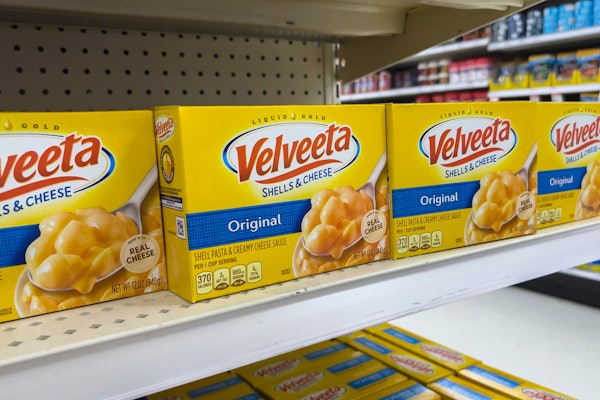But I do want to point out that the whole effort might have less effect on foodborne illness than you might think.
The Food Safety Modernization Act of 2011 is widely touted as the biggest change to food safety law in decades, and it probably is, and I unreservedly encourage all packagers and food makers to be in full compliance with its requirements. But FSMA is directed in most of its provisions at food manufacturers regulated by FDA. And if food safety is your goal, you can’t overlook the local angle, that is, the many thousands of sites such as restaurants, grocers, vending machines, and cafeterias—the places that are on the front lines for local regulators more than for FDA.
Those local operations are generally left to regulators on the state and local levels—think of your municipal health department inspector—with FDA playing coach and overseer “by providing a model Food Code, scientifically-based guidance, training, program evaluation, and technical assistance,” says its web site.
When FDA published its final Good Manufacturing Practices regulations makeover late last year, it said it estimated that “processed foods covered by this rulemaking are responsible for approximately 903,000 foodborne illnesses each year” in the U.S., and their new rule placing new obligations on produce firms should avoid “approximately 331,964 illnesses per year.” Sounds good, except that the U.S. Centers for Disease Control estimates that “each year roughly 1 in 6 Americans (or 48 million people) get sick, 128,000 are hospitalized, and 3,000 die of foodborne diseases.”
So even a fully successful FDA regulatory program will only make a small dent in this large problem. (But I will say that I also saw a 2011 published study in Emerging Infectious Diseases that said there were 9.4 million episodes of foodborne illness including 55,961 hospitalizations and 1,351 deaths. That’s a much lower estimate than CDC’s but still a much, much bigger number than the number expected to be affected by the FSMA requirements.)
Dr. Scott Donnelly, a product safety authority with decades of experience in food safety, points out that regulatory officials view all foodborne illnesses as preventable, so they naturally try to use their resources to maximize prevention. For example, FDA has a program for identifying and emphasizing oversight of “high-risk” foods.
However, Donnelly wonders if perhaps the regulators should reorder their priorities in order to better enhance food safety. He says that they place a great deal of emphasis on those pathogens that cause deaths, and while any death from food is awful, the numbers of those are much, much lower than the numbers of norovirus and other retail-related contaminations.
Donnelly says that some types of foodborne illness, such as those caused by norovirus, are clearly associated with poor sanitation and food handling practices at retail. They often reflect, he believes, poor training or oversight by the retailer, because they probably result from failure of simple steps such as hand-washing. They tend to cause illnesses, but not deaths, he adds.
He also thinks that, apart from whatever actions government may take, consumers need a better understanding of the risks posed by their food. “There’s a risk you take from eating something that’s fresh, and I think people need to be realistic about that.” After all, he adds, “Fresh food is not sterile food,” but “if you are immune compromised, old, have cancer, or are pregnant, the risk from eating fresh or abused food is much different than if you are healthy. If you are healthy, you are less likely to become ill, and you will rarely die from foodborne illness.”
What are we to make of FDA’s recent acknowledgement that it was undertaking an investigation of Chipotle, the chain of retail Mexican food restaurants recently plagued by a series of foodborne illness outbreaks? FDA’s web site describes its participation in investigations to try to determine the source or sources of the outbreak (which now appears to be over), tracebacks and such, together with the Centers for Disease Control and Prevention. But news reports indicate that the company says it has been subpoenaed for documents as part of an investigation by the U.S. Attorney’s Office for the Central District of California and the Food and Drug Administration’s Office of Criminal Investigations.
Maybe FDA is trying to take fuller advantage of its legal powers because of the limited effect of even a very successful FSMA implementation. The law says FDA can regulate products in “interstate commerce,” but FDA takes a broad view of that concept. In an informational document (about cosmetics, but still applicable here), FDA says, “‘Interstate commerce’ applies to all steps in a product’s manufacture, packaging, and distribution. … For example, at least some of your ingredients or packaging most likely originate from out of state, or even out of the country. Likewise, it is foreseeable that your products will leave the state.”
Probably we can all agree that we hope foodborne illness is reduced, and with efficiency and rational rules whenever possible, please.
Eric Greenberg can be reached at [email protected], or visit his firm's website at www.ericfgreenbergpc.com.




















